Mitsubishi Parts Ways with Nissan to Collaborate with Foxconn
![]() 03/24 2025
03/24 2025
![]() 673
673

Introduction
Mitsubishi Motors, a relatively smaller player, aims to preserve its autonomy while forging broader partnerships.
Mitsubishi Motors has recently made a significant move that could rock the entire industry. According to insiders on March 20, the company is planning to outsource its electric vehicle (EV) production to Foxconn (Hon Hai Precision).
Through this collaboration, Mitsubishi Motors aims to reduce production costs and shorten the development cycle of its product line. Conversely, Foxconn hopes to capitalize on this opportunity to establish cooperative relationships with Nissan and Honda in the EV sector, while gaining a foothold in the fiercely competitive Chinese EV market.
It is noteworthy that the merger proposal between Nissan, the largest shareholder of Mitsubishi Motors, and Honda failed last month. However, Foxconn has consistently shown a keen interest in partnering with the other two Japanese automakers, Nissan Motor and Honda Motor. Hence, the market's attention is focused on how these two Japanese automakers will respond to Foxconn's cooperation intentions.
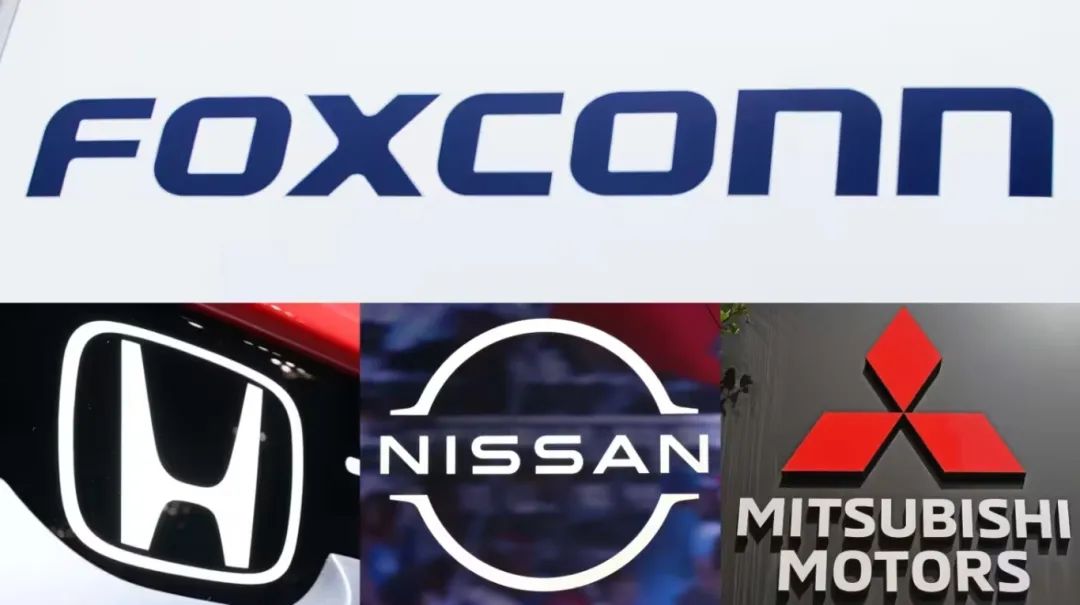
Sources revealed that Tokyo-based Mitsubishi Motors is expected to announce its collaboration plan with Foxconn in the coming weeks. Under the plan, Mitsubishi Motors, which holds a crucial position in the Southeast Asian market, will sell vehicles produced by Foxconn under its own EV brand, though specific models have not yet been finalized.
According to the reported plan, Foxconn will produce EVs for Mitsubishi under contract, a cooperation mode akin to Magna Steyr's production of the BMW Z4 and Toyota Supra. Although the relevant models are yet to be determined, this deal is anticipated to help Mitsubishi shorten the development, production, and delivery time.
Sources also stated that Mitsubishi Motors will retain its existing production base and collaborate with Foxconn to optimize production capacity. This deal is not only expected to shorten the development, production, and delivery cycle but will also enable Mitsubishi Motors to allocate more funds for technology development by reducing production costs.
Mitsubishi Motors later issued a statement clarifying that the content of the report was not released by the company. The statement read: "To achieve sustainable growth, we will continue to seek cooperation with various partners." Previously, Mitsubishi Motors had considered joining Nissan and Honda's recent merger negotiations, which emerged in December last year but fell apart in February this year.
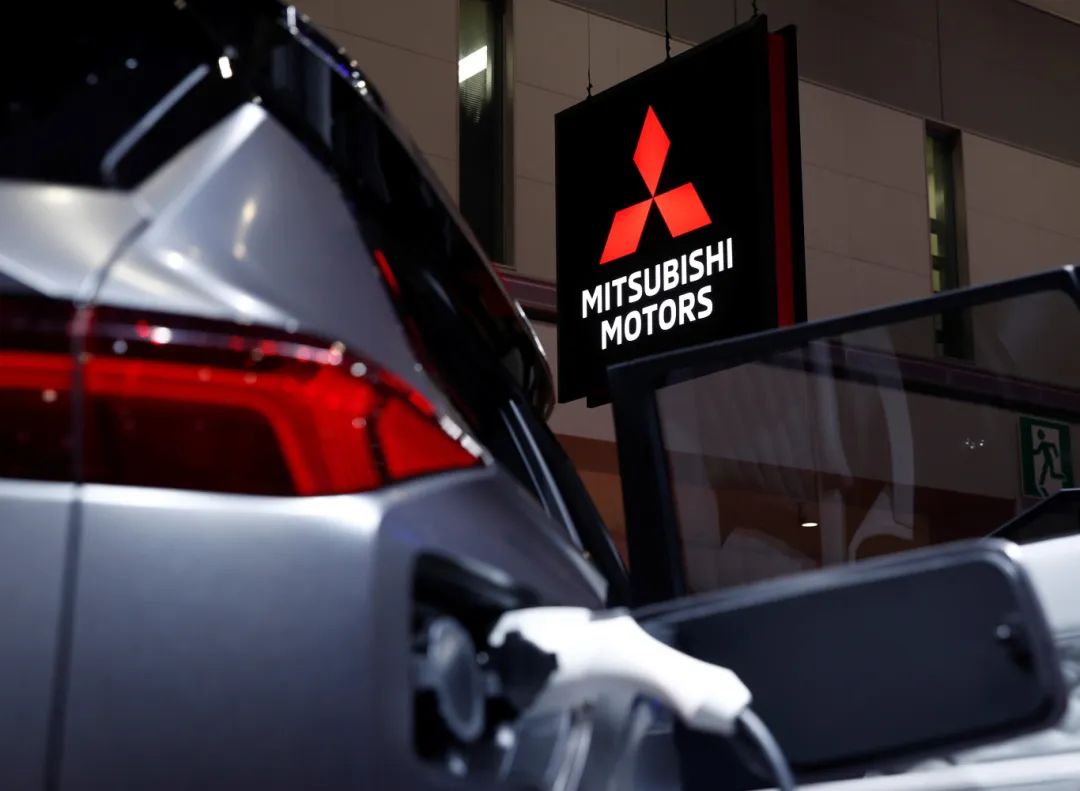
Ultimately, due to concerns about losing autonomy, Mitsubishi Motors decided not to join the merger negotiations and instead chose to collaborate with other companies like Foxconn in the EV sector. Currently, Mitsubishi Motors is still in negotiations with Honda and Nissan on EV software development. However, sources told Reuters that Nissan has also expressed a willingness to cooperate with new partners, including Foxconn.
01 Foxconn Unveils Its EV Ambitions
Foxconn recently revealed that the company is on the verge of reaching cooperation agreements with two Japanese automakers to jointly design and produce two electric vehicles.
For a long time, Foxconn has dominated the consumer electronics field with its contract manufacturing model, assembling devices for well-known brands such as Apple and Sony. Now, the company is actively entering the fiercely competitive automotive industry with its deep experience in supply chain management and advanced manufacturing, focusing on EV production.
After the breakdown of the merger negotiations between Honda and Nissan, Foxconn's expansion ambitions in the automotive sector have become increasingly apparent. These two Japanese automakers originally planned to form a joint holding company, but after the failure of the negotiations, they had to seek other strategic cooperation opportunities. Foxconn swiftly seized this opportunity and proposed to establish a four-way partnership with Honda, Nissan, and Mitsubishi Motors.
Foxconn has been exploring the possibility of acquiring shares in Nissan from Renault, the largest shareholder of Nissan. However, Foxconn Chairman Young Liu emphasized that the company's core goal is cooperation rather than acquisition. Foxconn does not intend to establish its own automotive brand but hopes to become a leading EV contract manufacturer, replicating its successful model in the consumer electronics field.
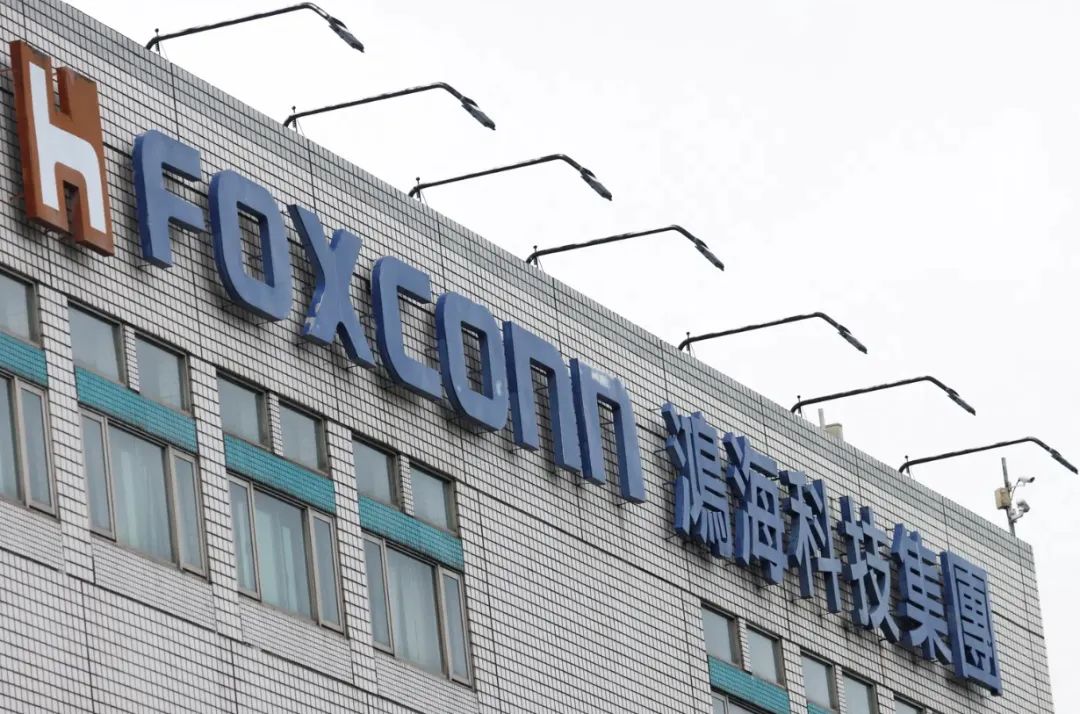
Nissan is facing financial pressure and declining sales in North America, particularly in the hybrid vehicle market. Potential cooperation with Foxconn can help Nissan make the most of its excess capacity and enhance its competitiveness with the help of Foxconn's technical expertise in EV platforms and software.
While focusing on hybrid models, Honda is gradually expanding its EV product line. Collaboration with Foxconn can accelerate production and reduce costs. Mitsubishi, known for its plug-in hybrid technology, can also contribute significantly to the EV development strategy of this cooperation group.
Partnering with Foxconn will make it easier for automakers to integrate cutting-edge technology into their vehicles. Foxconn also has the advantage of utilizing excess facilities, such as plans to transform the site of a panel factory acquired from Sharp in 2016 into a data center.
Hon Hai Precision Chairman Young Liu revealed in this month's financial report that Foxconn plans to start producing the Model C electric crossover in North America in the fourth quarter of 2025 and hopes to expand its production base in the United States to cope with escalating tariffs. Additionally, Foxconn is also cooperating with automakers in the Middle East on EV software design, including the development of intelligent cockpits.
In recent years, Foxconn has continuously expanded its presence in the automotive industry and signed a series of cooperation agreements. The company already holds a 50% stake in ZF Group's axle system assembly department and the German supplier's chassis module business. It has established a 50-50 joint venture with Stellantis, planning to design and sell automotive semiconductors starting from 2026. Furthermore, Foxconn has reached an agreement with German chipmaker Infineon to jointly develop advanced silicon carbide semiconductors for electric vehicles.
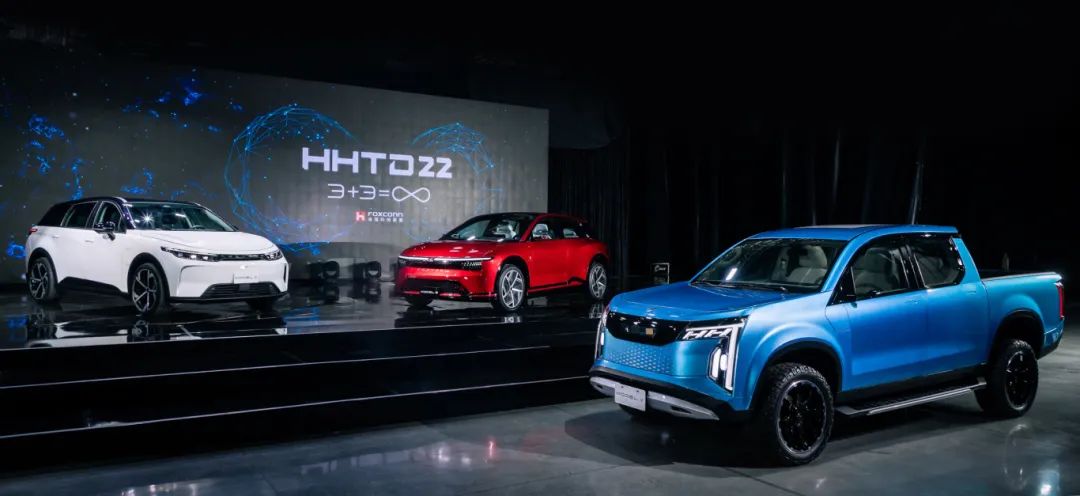
Foxconn also plans to launch a series of electric vehicles, including the Model B hatchback, Model V pickup truck, and Model N van. With the support of Foxconn, Sharp also plans to enter the EV field and has developed its own concept car based on the EV platform developed by Hon Hai.
However, many of Foxconn's ventures in the automotive field are still in the preliminary stage. The company has signed a manufacturing agreement with Monarch Tractor, a US-based fully electric autonomous tractor company, and established a joint venture with the Public Investment Fund of Saudi Arabia to design, manufacture, and sell Ceer, the first automotive brand in the Middle East.
But the reality is that many US EV startups targeted by Foxconn have encountered difficulties or gone bankrupt, so Foxconn may struggle to achieve its earlier goal of capturing 5% of the global EV market by 2025. Although Foxconn has successfully launched electric buses and passenger cars in Taiwan, it still faces challenges in breaking into the international market.
02 Mitsubishi's "Small but Tough" Strategy
In an increasingly competitive automotive market, especially facing the rapid rise of Chinese automakers, Mitsubishi deeply understands the need to adopt a more flexible automotive development strategy. To this end, Mitsubishi chose to collaborate with Hon Hai to streamline its operations and enrich its automotive product line.
According to sources, Mitsubishi plans to sell EVs produced in collaboration with Hon Hai under its own brand. This move is expected to significantly expand its model range.
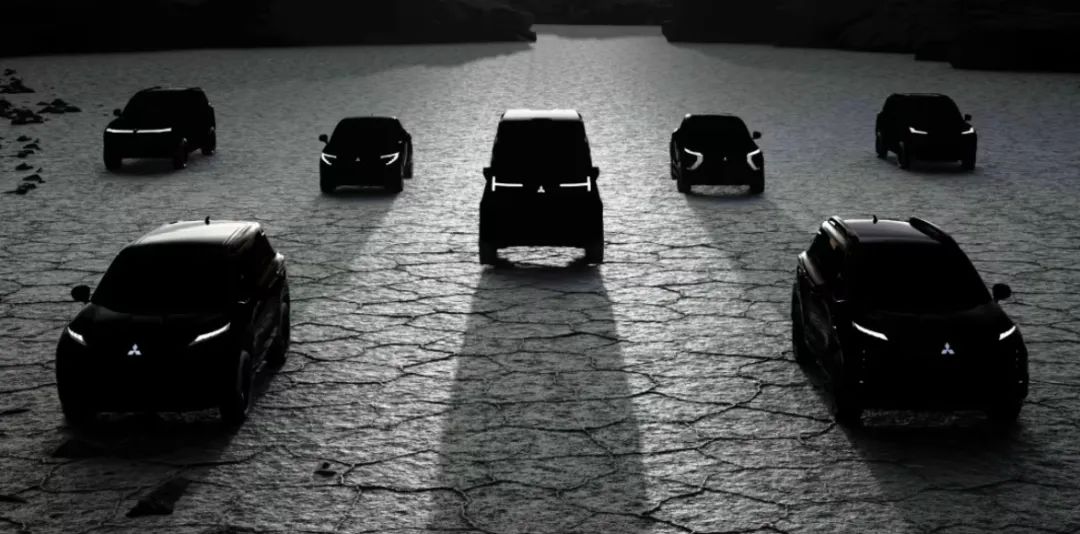
This collaboration is seen as an effective way for Mitsubishi to overcome internal challenges in various aspects of automotive design and production. By leveraging Hon Hai's robust manufacturing capabilities, Mitsubishi expects to accelerate the time-to-market for new models, thereby providing a more diverse range of products that more accurately meet consumer needs.
Mitsubishi's strategy is rooted in its current relatively small business scale. Compared to its larger competitors, Mitsubishi aims to maintain its independence while actively seeking broader partnerships to enhance its market position. Collaboration with Hon Hai enables Mitsubishi to stay ahead in the field of innovation while optimizing production costs.
Partnering with Foxconn brings advanced manufacturing capabilities and deep expertise in electronics and software technology to Mitsubishi Motors. This is particularly crucial as modern automobiles are increasingly technological, integrating various functions such as autonomous driving technology, battery management systems, and advanced infotainment systems.
Although the specific models to be outsourced for production are still under discussion, this collaboration's firm commitment to an efficient production system demonstrates Mitsubishi's determination to enhance its operational capabilities. While leveraging Hon Hai's expertise, Mitsubishi also ensures the normal operation of its existing factories, striving to find the best balance between internal management and external collaboration.
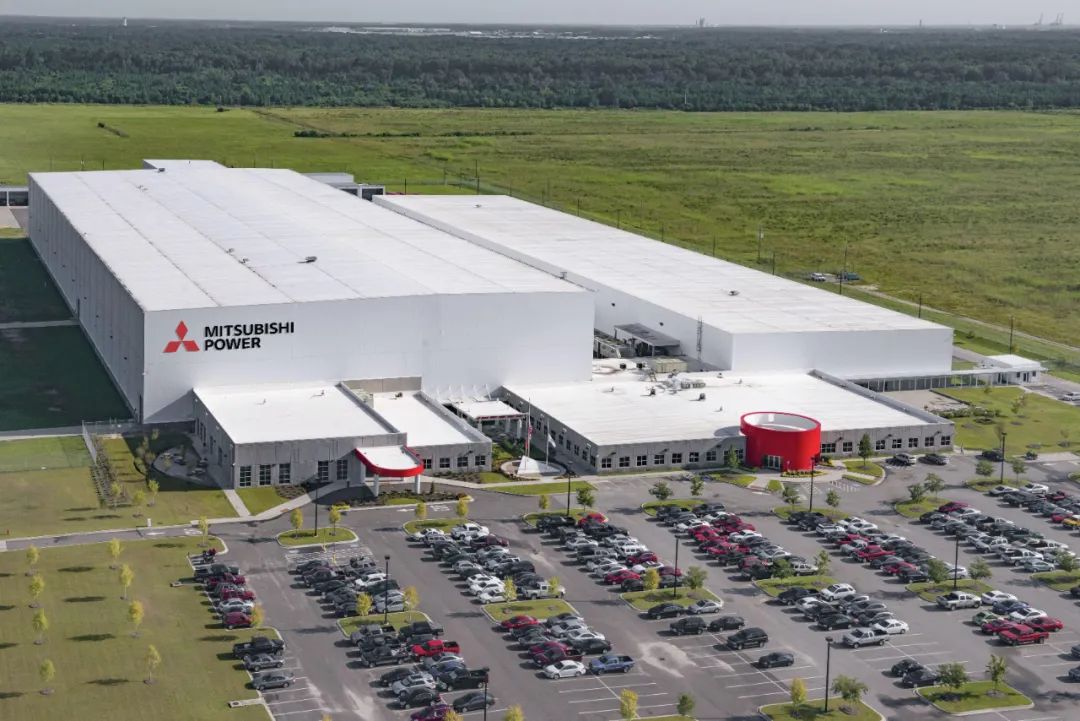
As March 2025 approaches, the upcoming announcement about this collaboration has attracted widespread attention from market observers and industry experts. The significance of this collaboration extends beyond the product production level; it also heralds a broad innovation in the competitive strategies of the Japanese automotive industry.
However, Mitsubishi Motors also faces numerous potential risks and challenges in relying on third-party manufacturers for EV production, including third-party dependence, quality control issues, intellectual property risks, supply chain disruptions, cost management, and technology integration difficulties.
Overall, Mitsubishi Motors' decision to collaborate with Hon Hai Precision Industry marks a crucial step in maintaining its leading position in the fiercely competitive automotive industry. As companies strive to cope with new technologies and changing consumer preferences, such strategic alliances are likely to have a profound impact on the future of the automotive industry, particularly in terms of electrification and sustainability.
In the coming years, these development trends will gradually become clear, affecting not only Mitsubishi and Hon Hai but also their global competitors.
The influence of Chinese automakers in Southeast Asia is evident and is expected to continue to grow. Nevertheless, Mitsubishi Motors still believes that it can withstand the increasing competitive threat in this largest market.
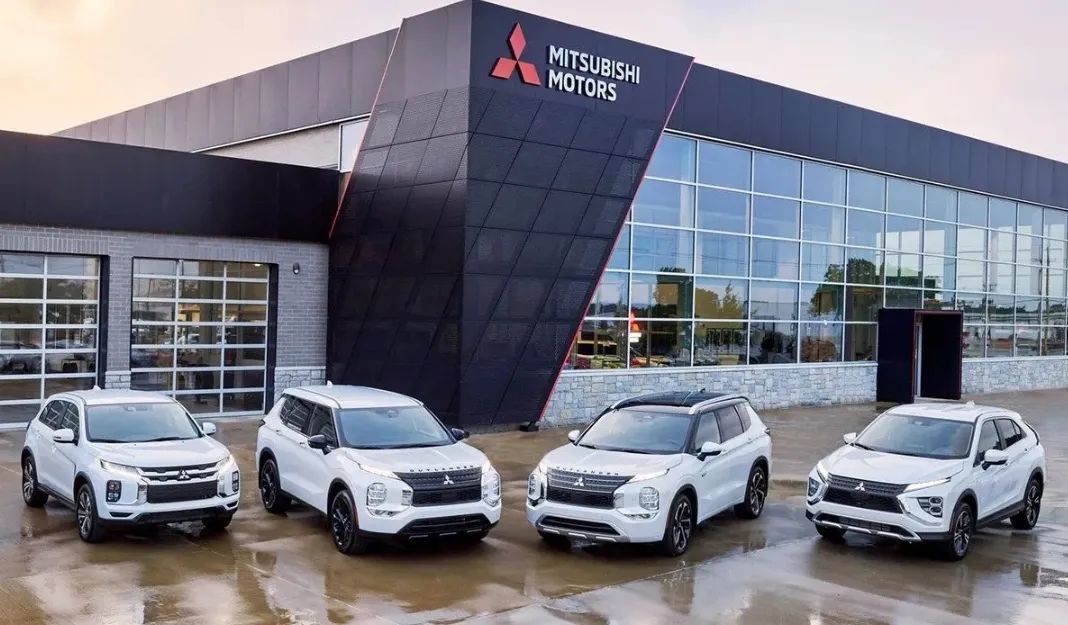
Mitsubishi Motors Executive Vice President Takao Nakamura pointed out in an interview that the brand still holds a leading position in the ASEAN region compared to Chinese competitors, thanks to several key factors: an extensive service network, higher resale value, and product design that meets the needs of ASEAN country customers.
Mitsubishi has more than 680 sales and service outlets in Southeast Asia, constituting a significant advantage. Additionally, the residual value retention of Mitsubishi Motors is better than that of Chinese EVs. During the nine months from April to December 2024, Mitsubishi's market share reached 19.3% in the Philippines, 13.3% in Vietnam, and 8.2% in Indonesia, ranking at the forefront.
It is estimated that for the fiscal year ending March 2025, the ASEAN market, including Thailand and Malaysia, will account for about 30% of Mitsubishi Motors' total sales of 848,000 vehicles, or 249,000 vehicles. Last year, Mitsubishi produced 450,399 vehicles in Asia, with factories in Thailand and Indonesia contributing significantly, accounting for 48% of total vehicle production in 2024.
Nakamura said that in terms of electrification, Mitsubishi chooses to rely on hybrid vehicles to create more value rather than providing fully electric vehicles in the region, as battery charging facilities in the ASEAN region are still relatively limited. It is expected that the ASEAN market will account for about 30% of Mitsubishi Motors' total sales by 2025.
Editor-in-Charge: Shi Jie, Editor: He Zengrong







